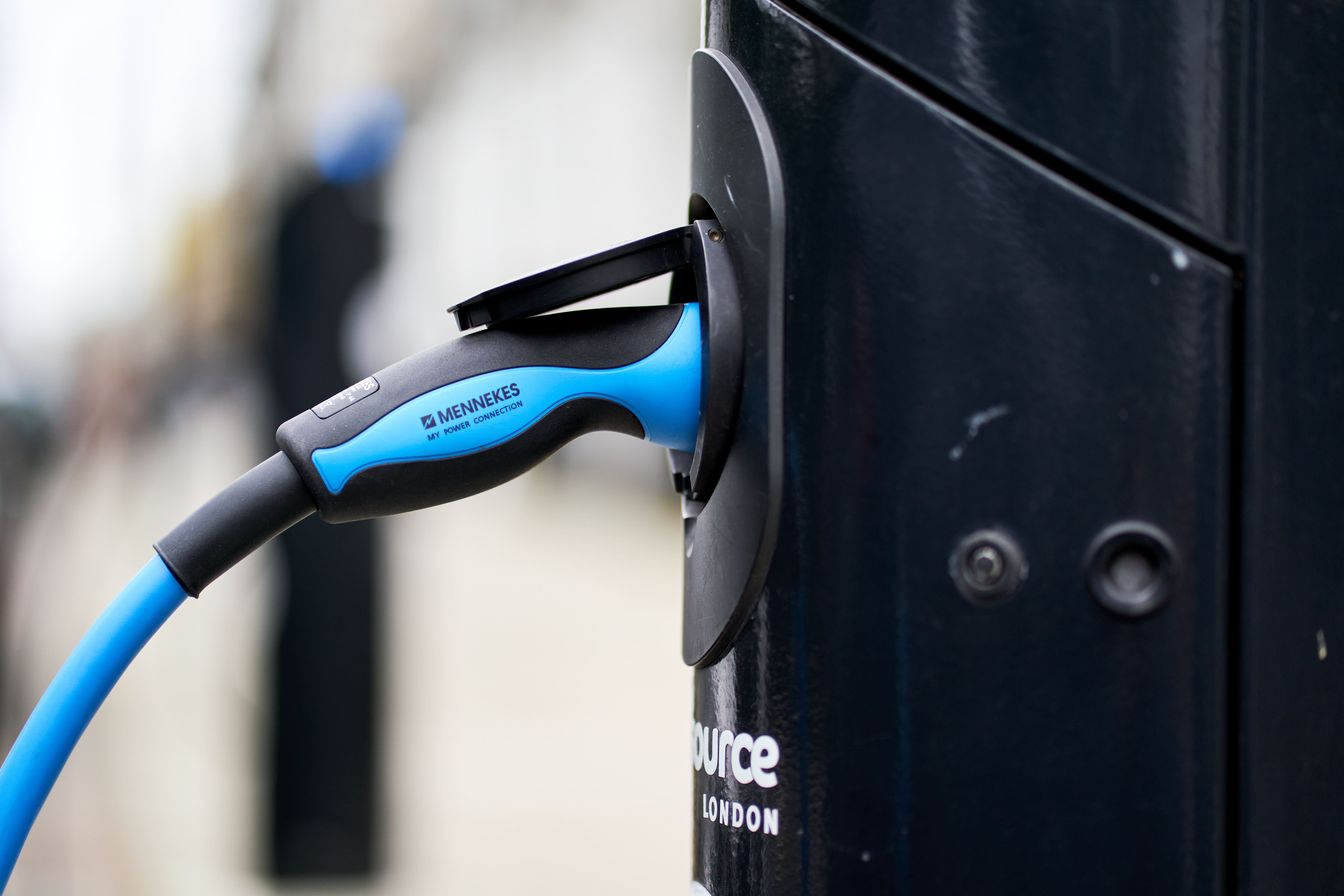Europe, China and the US will all struggle to produce enough lithium domestically to satisfy the demand for electric vehicle (EV) batteries, a new study has suggested.
Researchers from East China Normal University in Shanghai and Sweden’s Lund University have identified a "looming crisis" that could lead to "delays in meeting critical climate and energy goals".
The study warns that even with a potential tenfold increase in domestic lithium production across these regions by 2030, it will not be enough to meet the rapidly increasing demand, unless there are technological advancements or a rise in imports.
Lithium, typically sourced through mining, is essential for most EV batteries. EVs are considered crucial for reducing carbon emissions in road transport, leading to a surge in demand across Europe, the US, and China.
In the first five months of this year, pure battery electric new cars accounted for 20.9 per cent of the market, an increase from 16.1 per cent in the same period last year. The sale of new petrol and diesel cars will be banned in the UK from 2030.
The report found that under “most scenarios” for the future levels of lithium production and the amount required, domestic supplies in Europe, the US and China – where 80 per cent of the world’s EVs are sold – “cannot meet demand”.
This would lead to those regions “requiring trade to fill the gap”, the study added.
Researchers estimated that Europe might need 792,000 metric tons of lithium carbonate equivalent – a measure of lithium content – by 2030.
Based on existing and proposed lithium-mining projects, production in Europe could reach 325,000 metric tons at that point.
Measures to tackle the shortfall suggested by the authors of the study included shifting focus from producing personal EVs to promoting the use of public transport, and adopting battery technologies that use less or no lithium.
The UK imports all the lithium it currently uses from countries such as China and the US, but several companies are developing plans to extract reserves in Cornwall and the North East of England.
Portugal is the only European Union member to mine and process lithium.

Qifan Xia, of East China Normal University, author of the study published in journal Cell Reports Sustainability, said: “Lithium today is as important as gasoline in the industrial revolution.
“While lithium reserves are substantial around the world, they are distributed unevenly across different countries.
“Our study showed that without immediate action to expand mining, diversify suppliers, and rethink how we manage demand, the world risks delays in meeting critical climate and energy goals.”
Ben Nelmes, founder of green consultancy New AutoMotive, said: “Lithium will be a key part of the economy, from mining and refining through to cell manufacturing and recycling.
“It is therefore vital that European policymakers send positive signals to investors by maintaining ambitious targets for electric cars and a supportive environment for mining projects.”
Separate analysis by the organisation estimated that up to a quarter of a million jobs in Europe could be created in the next five years through EV battery production and the supply chain.
These include roles in sectors such as mining, gigafactories – large sites where EV batteries are produced – and recycling.
Alphawave agrees £1.8bn takeover by America’s Qualcomm
Sonos has had a horrible year. Now it has released a major new update
Scientists find the most intense explosion ever seen in the universe
Social media giants can ‘get on’ and tackle fraud cases, says City watchdog
Meta is looking to build an AI lab to develop ‘superintelligence’
ChatGPT down: OpenAI reports major outage as users see error message







